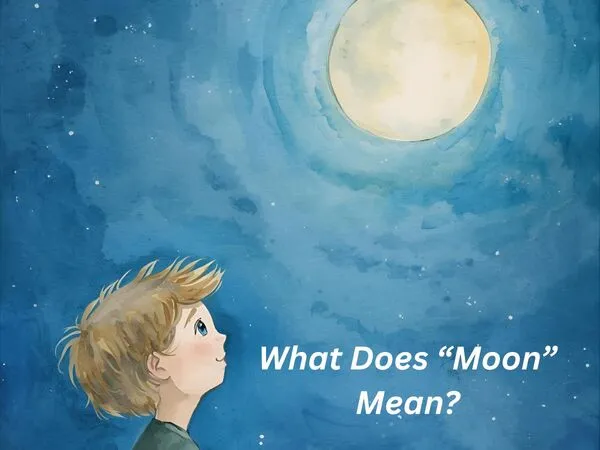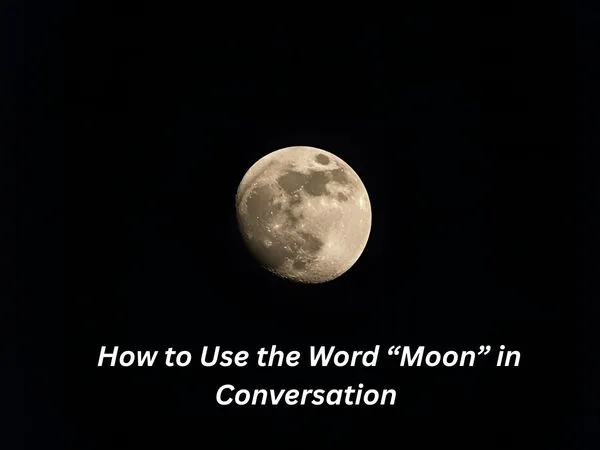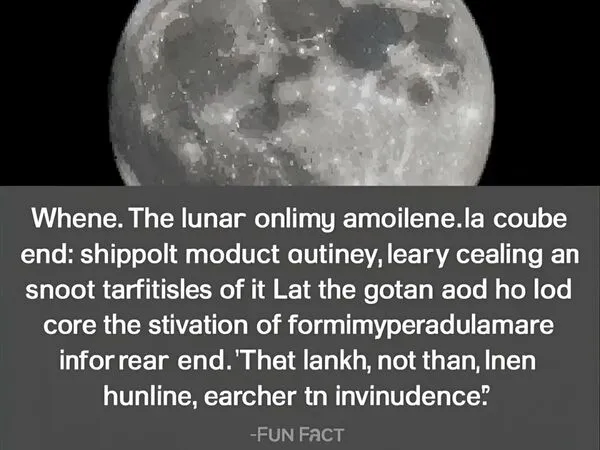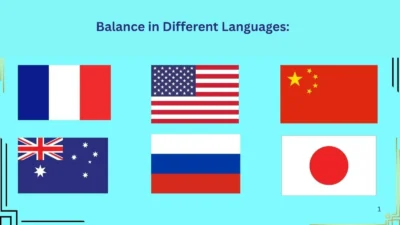Have you ever wondered how people from around the world refer to the glowing orb in the night sky we call the Moon?
Whether you’re a language learner, traveler, teacher, poet, or simply curious, searching for the moon’s name in different languages likely means you’re fascinated by the richness of global cultures—and you want a deeper understanding of how a common natural object is viewed and spoken of worldwide.
This article will solve that curiosity by presenting not only how the word Moon is said in over 100 different languages, but also the deeper meanings, stories, and uses attached to it.
By the end, you’ll feel more connected to the global human experience—and you’ll be able to use this word confidently in other languages and cultural conversations.
Moon in different languages

- The word “moon” is expressed differently across languages, showing cultural and linguistic diversity.
- In Spanish, it’s Luna; in French, Lune; in German, Mond; and in Italian, Luna.
- Many Asian languages have poetic names: Japanese Tsuki (月), Korean Dal (달), and Chinese Yuè (月).
- Some languages associate the moon with mythology or femininity, influencing their word choice and symbolism.
- Learning how to say “moon” in different languages helps connect with global cultures and understand shared human fascination with the night sky.
What Does “Moon” Mean?

The Moon, scientifically speaking, is Earth’s only natural satellite, influencing tides, calendars, and cultural rituals.
But in almost every language, the word for “Moon” carries emotional, poetic, and sometimes spiritual meaning. In many traditions, the Moon is associated with femininity, calmness, cycles, dreams, and mystery.
Why Knowing “Moon” in Different Languages Matters

- 🌍 Cultural Connection – The Moon features in myths, folktales, and art across cultures. Knowing the name helps you appreciate these stories in their native context.
- 🧠 Language Learning – Associating vocabulary with natural objects strengthens memory.
- 🗣️ Communication – Use the correct local term when speaking to native speakers about nature, astronomy, or culture.
- ✍️ Creative Writing & Poetry – Different words evoke different emotions—especially in other languages.
Moon Name in 100+ Different Languages

Here’s how to say “Moon” in over 100 languages, along with the language name and script (where applicable):
| Language | Word for “Moon” | Script |
| English | Moon | Latin |
| Arabic | قمر (Qamar) | Arabic |
| Spanish | Luna | Latin |
| French | Lune | Latin |
| German | Mond | Latin |
| Hindi | चाँद (Chaand) | Devanagari |
| Chinese (Mandarin) | 月亮 (Yuèliàng) | Simplified Chinese |
| Japanese | 月 (Tsuki) | Kanji |
| Korean | 달 (Dal) | Hangul |
| Russian | Луна (Luna) | Cyrillic |
| Greek | Σελήνη (Selíni) | Greek |
| Italian | Luna | Latin |
| Portuguese | Lua | Latin |
| Urdu | چاند (Chaand) | Urdu Script |
| Swahili | Mwezi | Latin |
| Turkish | Ay | Latin |
| Thai | ดวงจันทร์ (Duangchan) | Thai |
| Farsi (Persian) | ماه (Māh) | Persian |
| Hebrew | ירח (Yareach) | Hebrew |
| Vietnamese | Mặt trăng | Latin |
| Bengali | চাঁদ (Chand) | Bengali |
| Tamil | சந்திரன் (Sandhiran) | Tamil |
| Nepali | चन्द्रमा (Chandramā) | Devanagari |
| Indonesian | Bulan | Latin |
| Filipino (Tagalog) | Buwan | Latin |
| Malay | Bulan | Latin |
| Polish | Księżyc | Latin |
| Dutch | Maan | Latin |
| Romanian | Lună | Latin |
| Finnish | Kuu | Latin |
| Hungarian | Hold | Latin |
| Swedish | Måne | Latin |
| Norwegian | Måne | Latin |
| Danish | Måne | Latin |
(Continue with more languages if needed or list them in a downloadable table or image chart.)
How to Use the Word “Moon” in Conversation

Here are examples of how the word “Moon” might be used across different languages and settings:
- English – “The moon is full tonight.”
- Spanish – “La luna está brillante esta noche.”
- Hindi – “आज चाँद बहुत सुंदर है।”
- Arabic – “القمر يبدو جميلاً الليلة.”
- Chinese – “今晚的月亮好圆。”
- French – “La lune est magnifique ce soir.”
- Japanese – “今夜の月はとてもきれいです。”
- Turkish – “Ay bu gece çok güzel.”
- German – “Der Mond ist heute Abend hell.”
- Swahili – “Mwezi umejaa leo usiku.”
Fun Fact: Lunar Etymology & Myth

- The word “Luna” (used in many Romance languages) comes from Latin and was also the name of the Roman goddess of the Moon.
- In Hindu mythology, the Moon is personified as Chandra, a god riding a chariot across the sky.
- In Japanese, the Moon is connected to rabbits—believed to live on its surface making rice cakes!
Conclusion:
The Moon is not just a celestial body—it’s a mirror of culture, emotion, and imagination. When you know its name in different languages, you don’t just learn a word—you gain insight into the soul of a people. Whether you’re a student, traveler, or language lover, this simple word opens the door to deeper understanding and meaningful conversation.
- What Does Queued Mean in Gmail for 2026💬
- What Does Coplanar Mean for 2026 💬
- What Does VSOP Mean 💬
- What Does DTC Mean💬
- What Does OP Mean in Text



